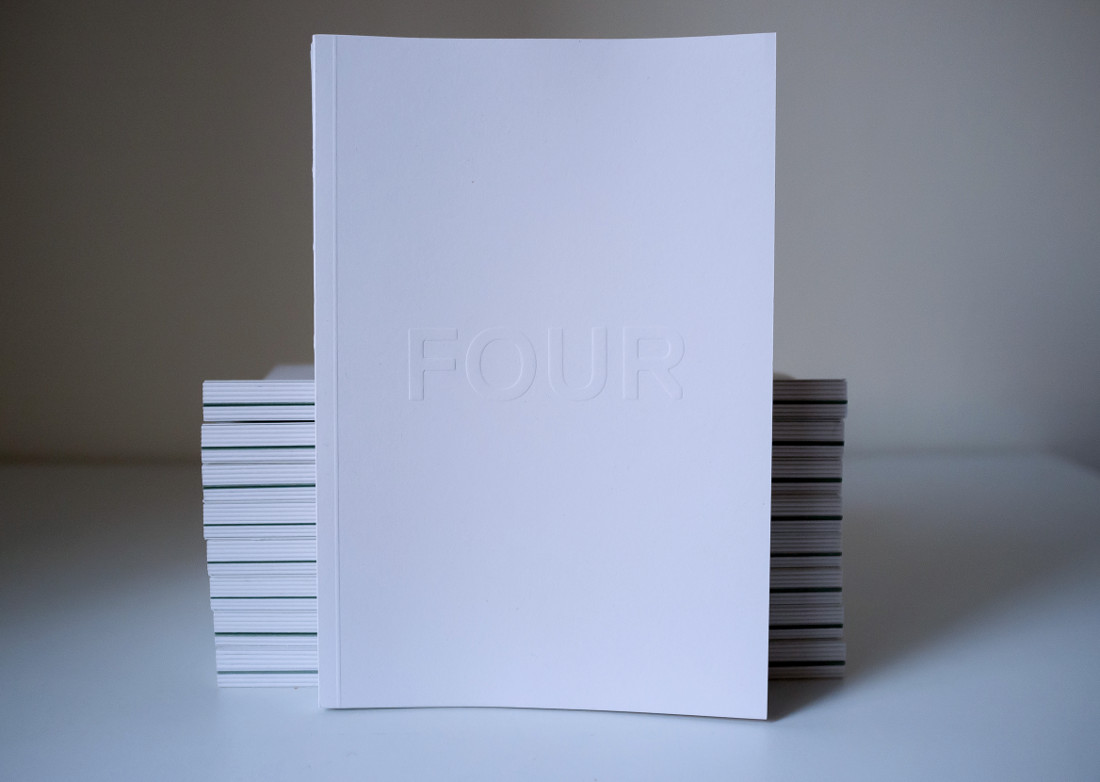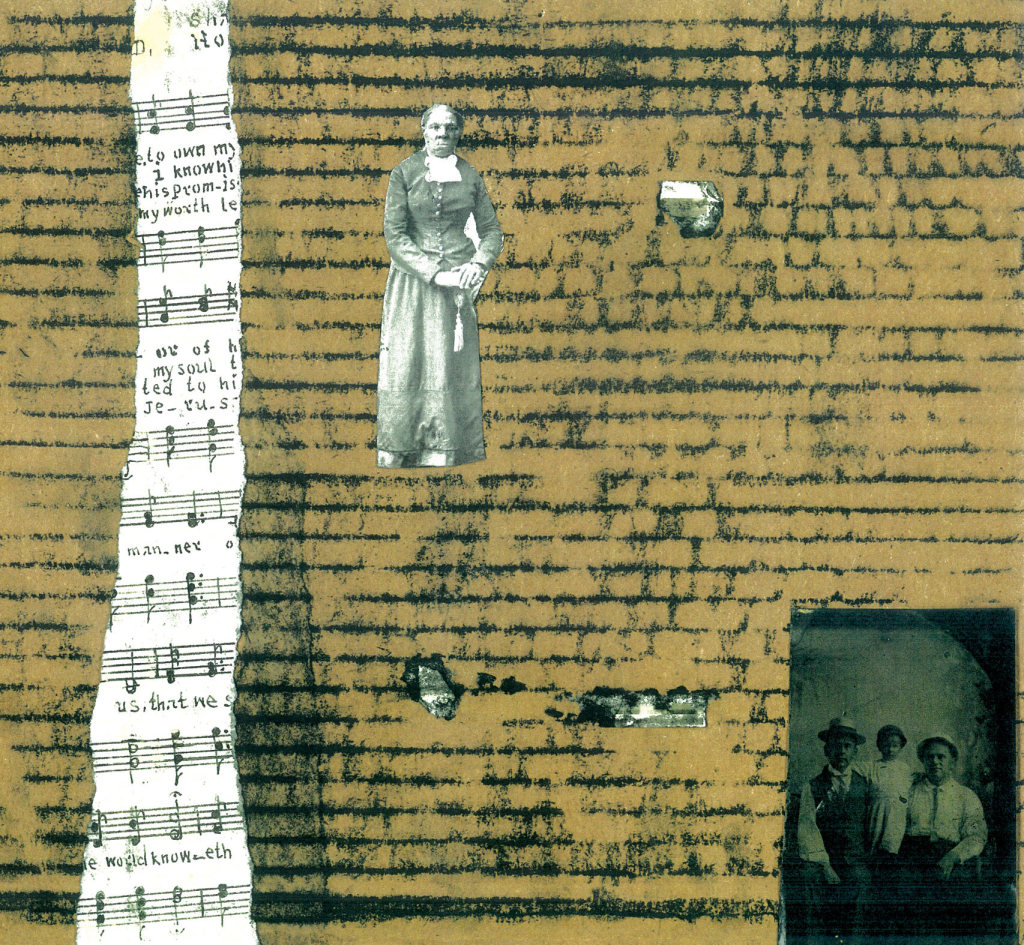David Novak: Japanoise: Music at the Edge of Circulation (2013)
Filed under book | Tags: · aesthetics, ethnomusicology, feedback, improvised music, japan, listening, music, music criticism, music history, musicology, noise, performance, technology

“Noise, an underground music made through an amalgam of feedback, distortion, and electronic effects, first emerged as a genre in the 1980s, circulating on cassette tapes traded between fans in Japan, Europe, and North America. With its cultivated obscurity, ear-shattering sound, and over-the-top performances, Noise has captured the imagination of a small but passionate transnational audience.
For its scattered listeners, Noise always seems to be new and to come from somewhere else: in North America, it was called ‘Japanoise.’ But does Noise really belong to Japan? Is it even music at all? And why has Noise become such a compelling metaphor for the complexities of globalization and participatory media at the turn of the millennium?
In Japanoise, David Novak draws on more than a decade of research in Japan and the United States to trace the ‘cultural feedback’ that generates and sustains Noise. He provides a rich ethnographic account of live performances, the circulation of recordings, and the lives and creative practices of musicians and listeners. He explores the technologies of Noise and the productive distortions of its networks. Capturing the textures of feedback—its sonic and cultural layers and vibrations—Novak describes musical circulation through sound and listening, recording and performance, international exchange, and the social interpretations of media.”
Publisher Duke University Press, Durham, 2013
Sign, Storage, Transmission series
Creative Commons BY-NC-ND 3.0 License
ISBN 9780822353799, 0822353792
x+292 pages
via author
Reviews: Shaun McKenna (Japan Times, 2013), Scott McLemee (Inside Higher Ed, 2013), Nana Kaneko (Ethnomusicology Rev, 2014), Andrés García Molina (Current Musicology, 2014), Max Ritts (Society+Space, 2014), Jonathan Service (Japan Forum, 2014), Rosemary Overell (Perfect Beat, 2014), Patrick Valiquet (Popular Musicology, 2014), Owen Coggins (Harts & Minds, 2014), Seth Mulliken (Sounding Out!, 2014), E. Taylor Atkins (Asian Music, 2015), Shelina Brown (Notes, 2015), Jennifer Milioto Matsue (Am Anthropologist, 2015), Carolyn S. Stevens (Am Ethnologist, 2015), Christopher Tonelli (Sound Studies, 2016), Benjamin Harley (Enculturation, 2016), Etienne RP (2017).
Book website, with supplemental media
Publisher
WorldCat
Reductive, 1-4 (2014-15)
Filed under journal | Tags: · listening, reading, sound, sound art, text

“Experimental reflections on listening / reading practices.
Founded in 2013, Reductive Journal explores diverse approaches to text-sound compositions, examining how text and sound are related, defined and inter-permeated in various levels of experiences: listening, reading, perceiving, receiving and performing.
Each Journal is a collaboration between the editors, designers and contributing artists.”
Editors: Ryoko Akama, Heather Frasch and Daniel del Rio
Publisher Mumei, 2014-15
ISBN 97809934337
Publisher (archived)
Issue 1 (July 2014, 1 MB)
Issue 2 (January 2015, 4 MB)
Issue 3 (June 2015, 23 MB)
Issue 4 (November 2015, 38 MB)
Ear | Wave | Event, 2: Listening? (2015)
Filed under journal | Tags: · listening, music, perception, sound, sound art
“Christoph Cox [stated at a recent conference on ‘The Politics of Listening’] that artists’ projects must not simply be taken as illustrative of or addenda to theory, but that they propose other ways for us to listen. Coming from vastly different positions, the authors in [this] issue offer precisely such generative perspectives on listening and listening subjects from the privileged viewpoint of the practitioner. It is NOT that musicians should be the only ones to talk about sound, but that there is nevertheless a value in that specialist knowledge of music nerds who spend their days dealing with audio minutiae and the history thereof. A value which is also not to be confused with the positivist musicological valorization of such detail, but instead, a value that might still open out into an authentic interdisciplinarity.
The contributors to Issue 2 face the immense material complexity of listening head on – physically, technically, formally, politically, socially. Their contributions continually orbit the question, ‘What is Listening?,’ all the while deftly dodging all manner of all too common platitudes.” (from the Introduction)
With contributions by Lawrence English, Bill Dietz & Lawrence English, Brenda Hutchinson, Eric Laska, Budhaditya Chattopadhyay, Paolo Javier, Christian von Borries, Anna Bromley & Michael Fesca, J Zevin & Jim Ellis, Geoff Mullen, Matana Roberts, and Marc Sabat.
Edited by Bill Dietz and Woody Sullender, April 2015
Comment (0)

